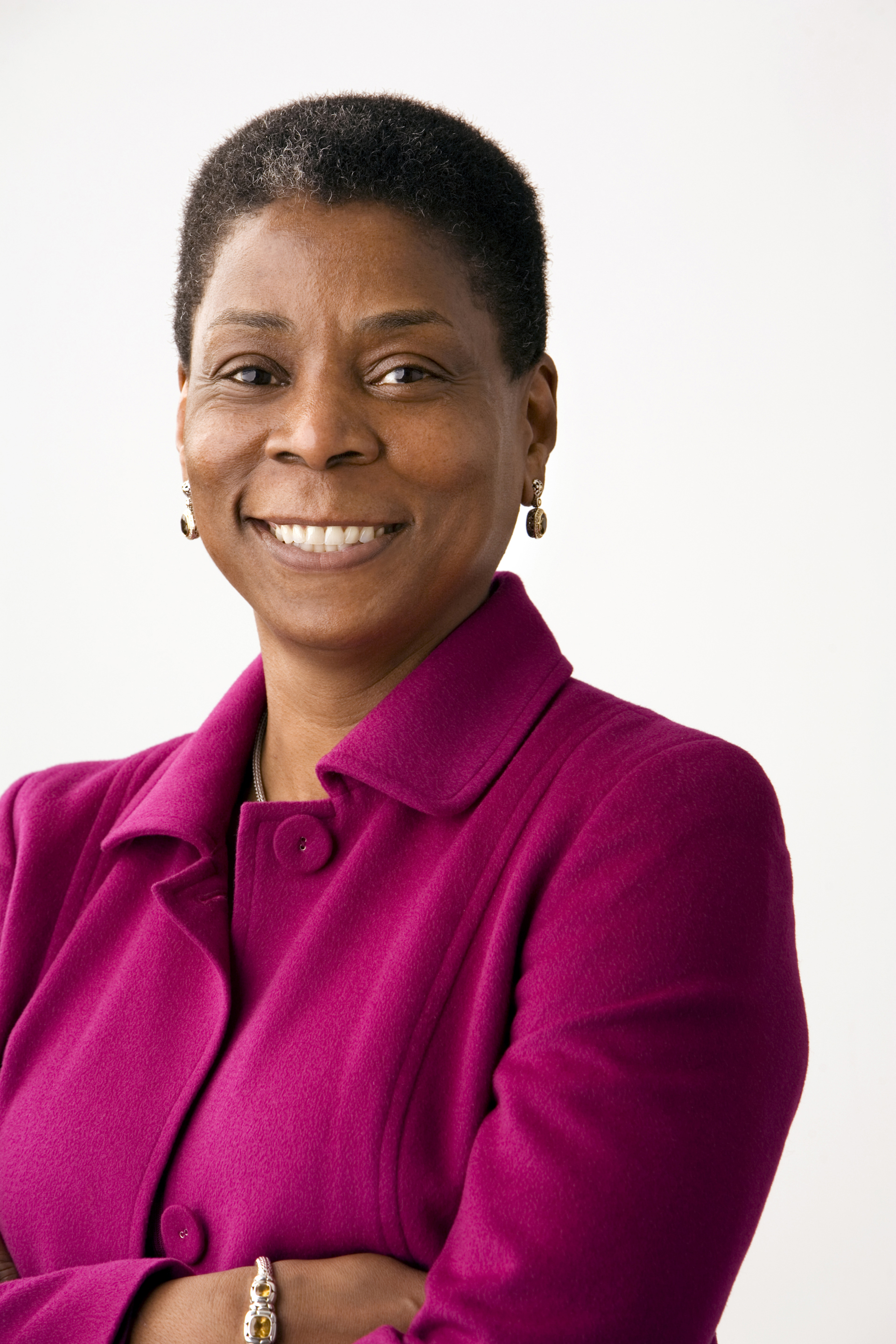Xerox’s Ursula Burns is the only black woman running an S&P 500 company
When Ursula Burns was named CEO of Xerox in 2009, she was heralded as the first black woman to lead an S&P 500 company. No one thought she would be the last.
But with her plans to step down later this year, there will be no black women leading the 500 biggest US companies, and only 19 female CEOs at all, fewer than 4%. The numbers are even more grave for African-Americans; according to Fortune, there have only been 15 black CEOs in the Fortune 500 ever.
Burns announced May 20 that she will relinquish the CEO role when Xerox splits in two later this year. She’ll remain with the legacy document-technology company as its chairman, while new CEOs will be named for both that company and a separately traded business-services company.
Xerox’s traditional copy-machine business has been devastated by the information technology revolution. Its share price has been in a steady decline for most of the last two decades, falling 85% since 1999. Some of the damage is self-inflicted. Xerox once was a technology leader; its Palo Alto Research Center famously developed the graphic user interface that deeply influenced Steve Jobs and Apple.
Burns, who joined Xerox as an intern in 1980 and stayed with the company for her entire career, tried to arrest Xerox’s slide with a move into business services. But under pressure from shareholders led by activist investor Carl Icahn, the company will be broken up, with the copy machine business separated from the faster-growing services unit.
Not all Xerox shareholders will be sorry to see her go. (Douglas McIntyre at the financial commentary site 24/7 accuses her of “nearly destroying the company.”) But her reign as CEO can also be viewed as another manifestation of the “glass cliff” phenomenon, which holds that women and minorities—or, in Burns’ case, both—are more likely to be given leadership roles at companies facing a downturn or crisis. Marissa Mayer at Yahoo, Virginia Rometty at IBM, and Meg Whitman at HP are other notable examples.
Despite all the energy and talk about promoting diversity in workplace, the results are stubbornly slow in coming, particularly at the C-suite level. The good news is that the bench of talented executives is growing deeper for both women and African Americans, so boards will have fewer and fewer excuses. But the changes in the makeup of US corporate leadership promised by Burns’ appointment seven years ago now seem as distant as ever.

No comments:
Post a Comment